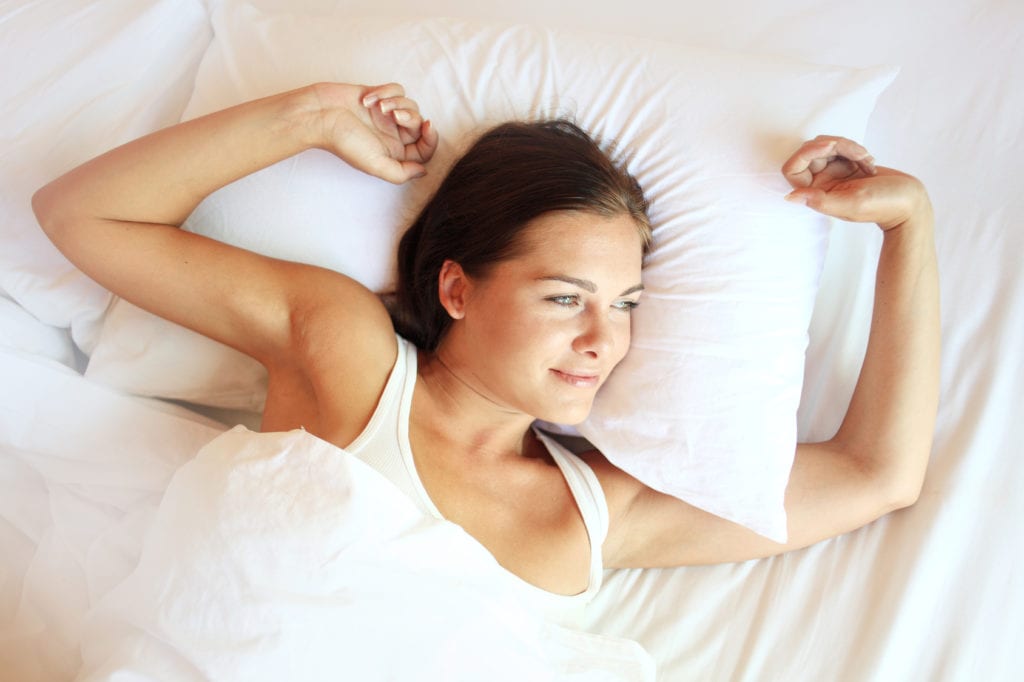
The concept of “beauty sleep” is more than just a charming excuse to leave a gathering early or wrap up a phone conversation—it’s backed by science. Research and expert opinions confirm that a proper night’s sleep significantly benefits our skin.
Beyond the skin, the entire body reaps the rewards of sufficient rest. The Centers for Disease Control recommends that adults aged 18 to 60 aim for at least seven hours of sleep per night to maximize health advantages.
Furthermore, the CDC has found that maintaining good sleep hygiene can reduce the risk of developing type II diabetes, heart disease, and various mental health issues.
While there are numerous reasons to prioritize sleep, focusing on its impact on your skin is a perfectly valid reason to ensure you’re getting to bed at a decent hour.
We consulted with two dermatologists to delve into the critical role sleep plays in skincare routines. They offered insights into how you can enhance your skin’s health while you slumber.
Effects of Sleep Deprivation on Skin
Lack of sleep often manifests as dark circles under the eyes, but the repercussions extend further.
Dr. Erum N. Ilyas, MD, MBE, FAAD, CEO & Founder of AmberNoon, and a board-certified dermatologist with Schweiger Dermatology, notes that tiredness can lead to dry skin and a gaunt appearance around the cheeks, largely due to dehydration.
Though we might associate dehydration with insufficient water intake, sleep has a significant role to play here as well. A 2019 study reviewing data from U.S. and Chinese adults suggested that those who slept less than eight hours nightly were more likely to be dehydrated than those who slept longer.
Additional research supports the notion that sleep deprivation can adversely affect skin health. For instance, a study from 2020 involving Korean women in their 40s found that skin hydration levels dropped progressively with ongoing sleep deprivation.
A particular study from 2020 also linked disturbed sleep to an increase in rosacea symptoms. However, it’s worth noting that not all studies align on the impact of sleep on skin appearance.
Despite varying study results, the consensus remains that sleep boasts numerous benefits for both skin and overall health. Therefore, striving for adequate sleep is advisable.
Enhancing Skincare Through Sleep
A typical skincare routine might include morning and evening rituals involving cleansers, moisturizers, and SPF. However, you can also work towards achieving your ideal skin while you’re lost in dreamland.
Dr. Anna Chacon, a dermatologist based in Miami, offers her advice for improving your skin overnight.
Chacon emphasizes the importance of not just how long you sleep, but the materials you sleep on. She advocates for silk sheets and pillowcases, particularly for individuals with acne, sensitive skin, or those who sleep on their sides or stomach.
Silk materials, according to Chacon, cause less irritation than cotton because they reduce friction on the skin. This is crucial for preventing the exacerbation of skin conditions like acne or eczema.
“Cotton absorbs oil and bacteria from your skin and hair, accumulating grime over time, whereas silk is less likely to absorb moisture and dirt,” she explains.
Additionally, silk bedding can provide comfort all year round, potentially improving both the quality and duration of your sleep.
Key Takeaways
Dermatologists and research underscore sleep’s significance for skin health, aiding in hydration, elasticity, managing rosacea, and enhancing overall skin appearance.
Silk bedding can offer extra comfort, reduce inflammation, and prevent breakouts, given its lower tendency to absorb moisture and dirt compared to cotton.
If skin or sleep issues persist, consulting a healthcare professional for strategies to improve sleep quality is recommended. Adequate sleep is essential not only for skin health but for overall physical and mental wellness.
